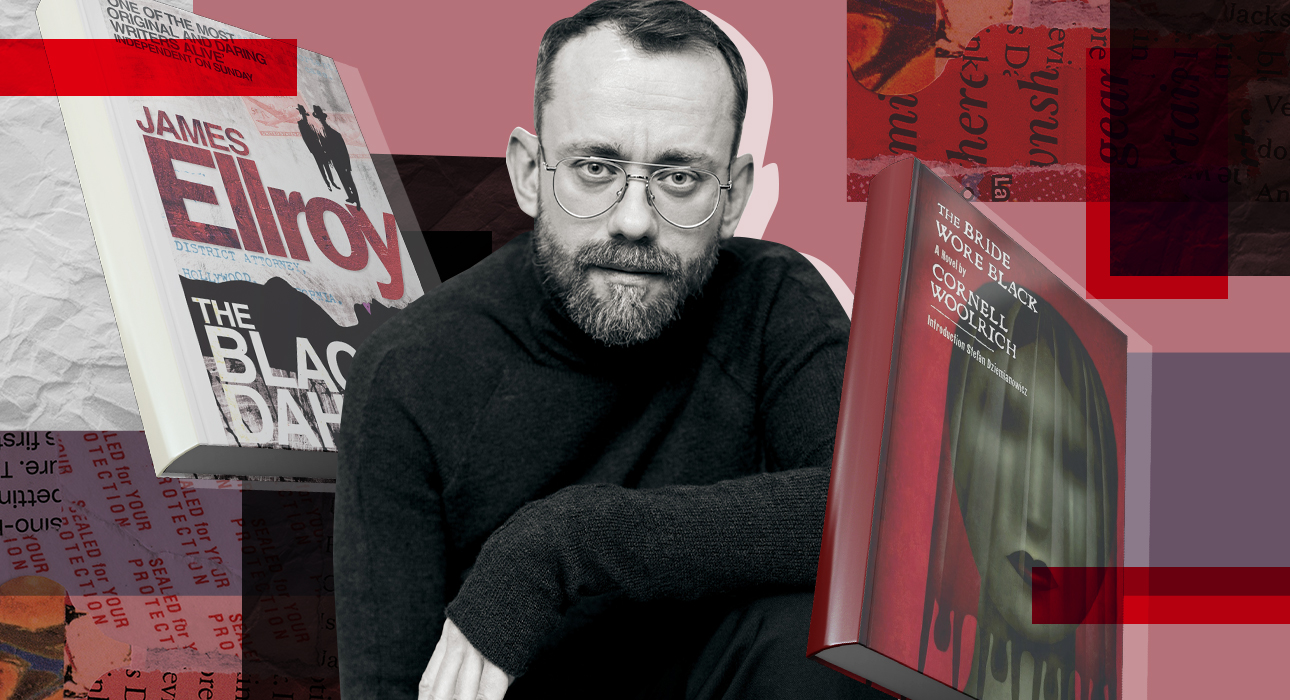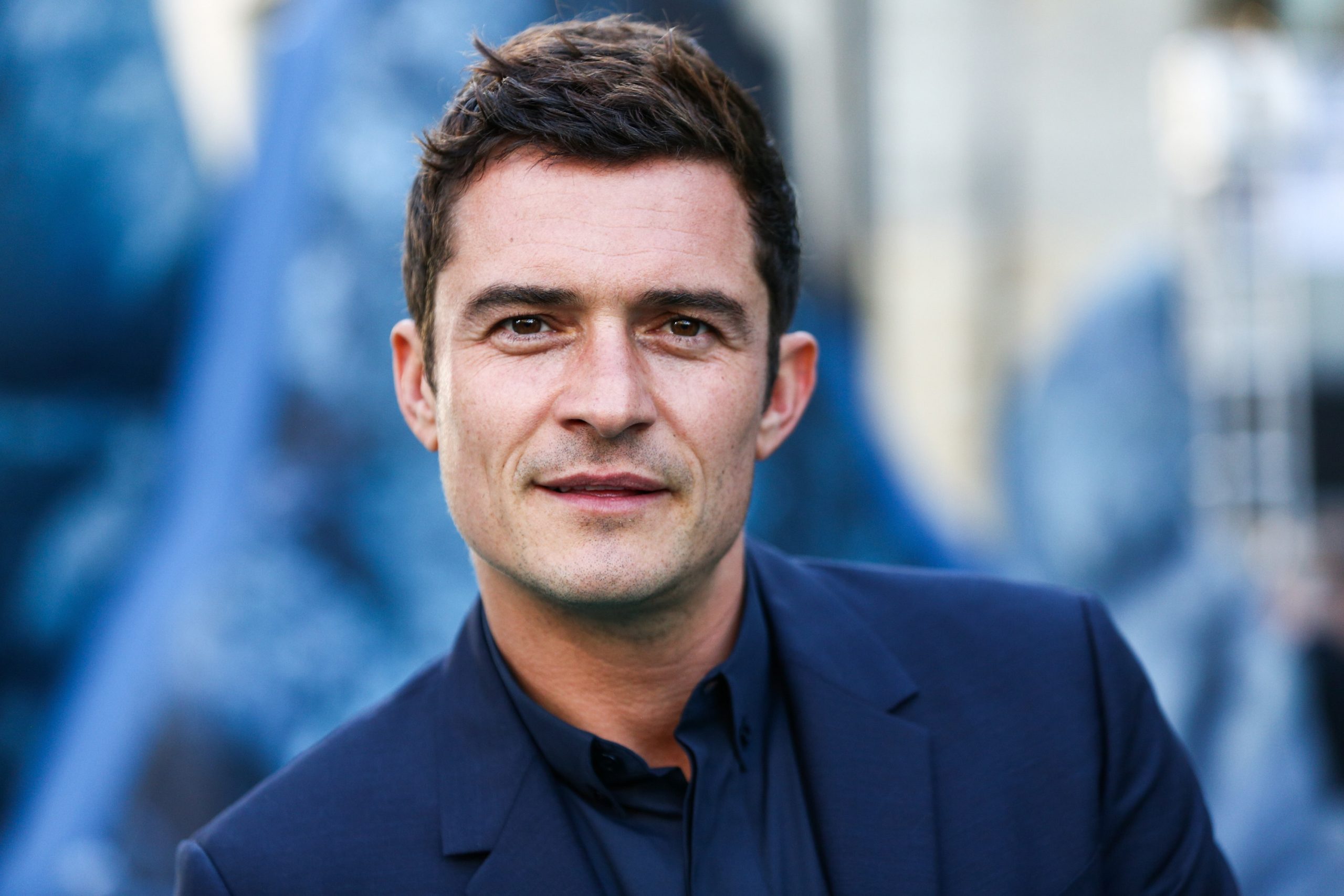Questions about what to watch or what to read can be asked, it seems, endlessly and more than once – after all, any good work, be it a book, movie or TV series, unfortunately, sooner or later ends and leaves. Its audience or reader is in the throes of new searches. But there is some good news, too.
To make your task easier, every week we ask our columnist Konstantin Obraztsov – the writer, author of “Red Chains”, “Hammer of the Witches” and other books, as well as the creator of the “Sample Reading” show on YouTube and the “Obraztsov” channel on Telegram – the best in the world to share his collection of good literature and TV series with diamonds.
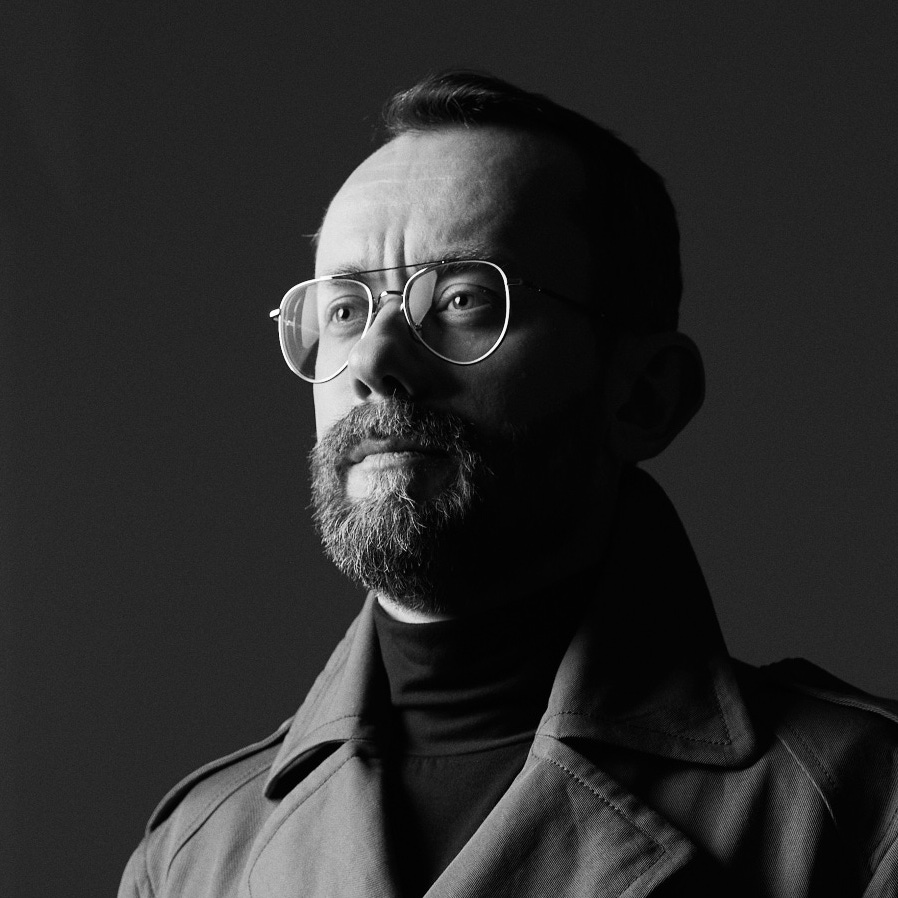
Konstantin Obraztsov
Today’s agenda includes 5 great detectives who are no less than their movie adaptations.
To put Kozma Prutkov a little differently, we can say that two things are difficult to finish once you start: reading an exciting detective story and debating which is better – a book or a film adaptation.
Detective fiction is appealing because it involves something that has fascinated humans for thousands of years: death and secrets. Moreover, the imaginary death of someone else, which can be watched with morbid curiosity from a safe distance, and the imaginary secrets of others, the solution of which will not cause real trouble.
Cinema, unlike the literary word, tells stories in its own language. Therefore, the debate about which is better (film or book) is similar to the debate about the quality of the translation: how correctly did you choose the expression? Why did they change this place? What name does the character have now? No, the book is still better! Or maybe a movie?..
Today’s selection includes five truly wonderful detective novels, which are not the most famous, but are not inferior to the films based on them.
Thomas Pynchon, Natural Depravity – Paul Thomas Anderson, Inherent Depravity
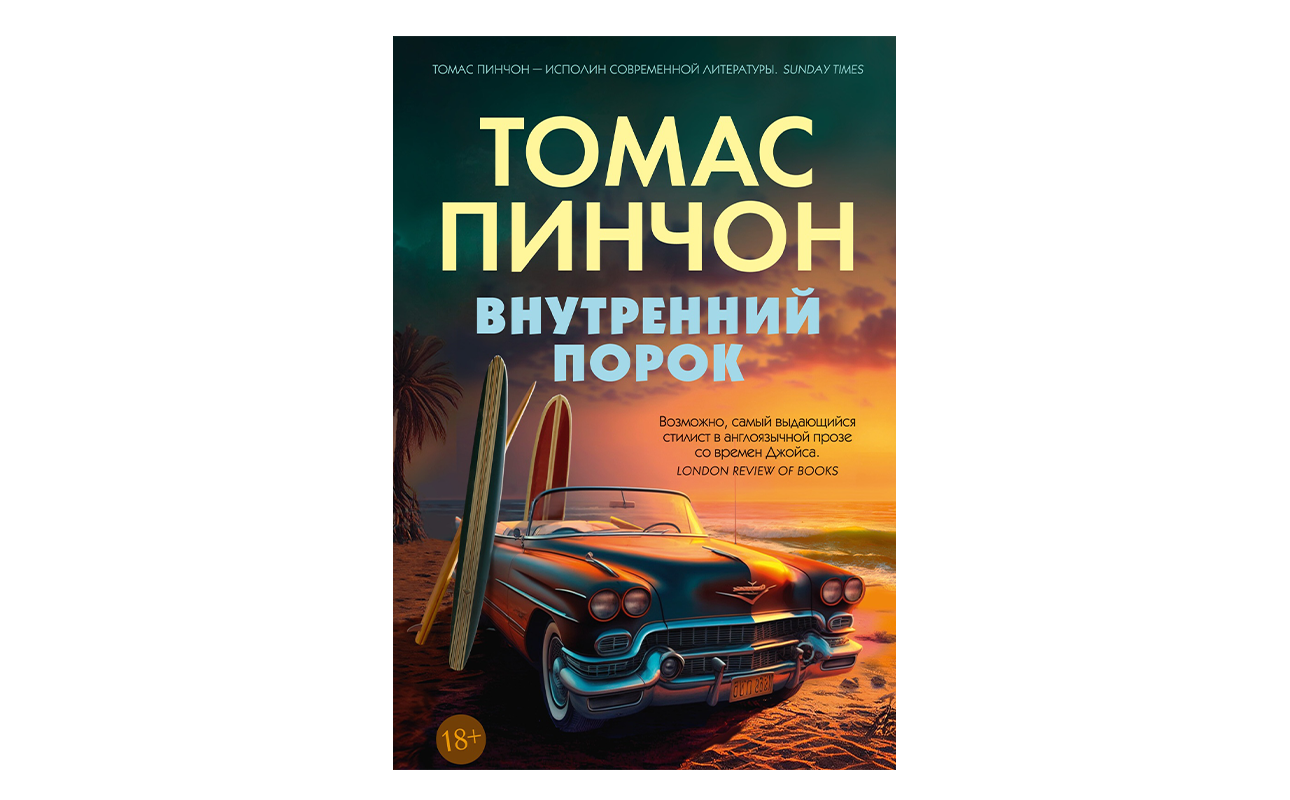
I mentioned Pynchon a long time ago, in a text about books that are very difficult to read, presenting him as an icon of literary postmodernism and the author of the novel Gravity’s Rainbow, the most complex work of all time.
In Inherent Vice, Pynchon remains largely true to himself: the characters are eccentric, the plot is confusing, and the narrative is sometimes odd. But 36 years passed between the famous “Rainbow …” and “Inherent Vice” and old Thomas Pynchon, although he did not lose the mastery of his famous master of the absurd, becoming much gentler over the years. with the reader.
This makes Inherent Vice, written in 2009, read like a fascinating crime novel set on the sunny California coast in the 60s. A hippie, a private detective who is extremely relieved by the expansion of his consciousness, a relaxing climate, comforting habits and constantly smoking something unnameable, embarks on a dangerous adventure at the suggestion of his ex-lover. A must-read book for those who are interested in Woodstock-era influences, flower children and ironic detective stories.
Only a creator worthy of Pynchon could adequately film Inherent Vice. In 2014, a film based on this novel was released, which was awarded to the best director of the 2002 Cannes Film Festival and won awards such as “There Will Be Blood”, “The Master”, “Licorice Pizza” etc. It was directed by Paul Thomas Anderson, known for his films. For some unknown reason at our box office the film was called “Natural Vice”, but in English both the book and the movie are called the same thing: “Natural Vice”. Anderson magnificently translates the atmosphere and style of the novel into the language of color and frame; Joaquin Phoenix in the title role resembles all of Pynchon’s outlandish characters, and the cast, including Josh Brolin, Owen Wilson, Reese Witherspoon, Benicio del Toro and others, deftly convey the light spirit inherent in book madness.
Meanwhile, he had two Oscar nominations, one of which was for the screenplay category.
Cornel Woolrich, “Waltz Into Darkness” – Michael Christopher, “Temptation”
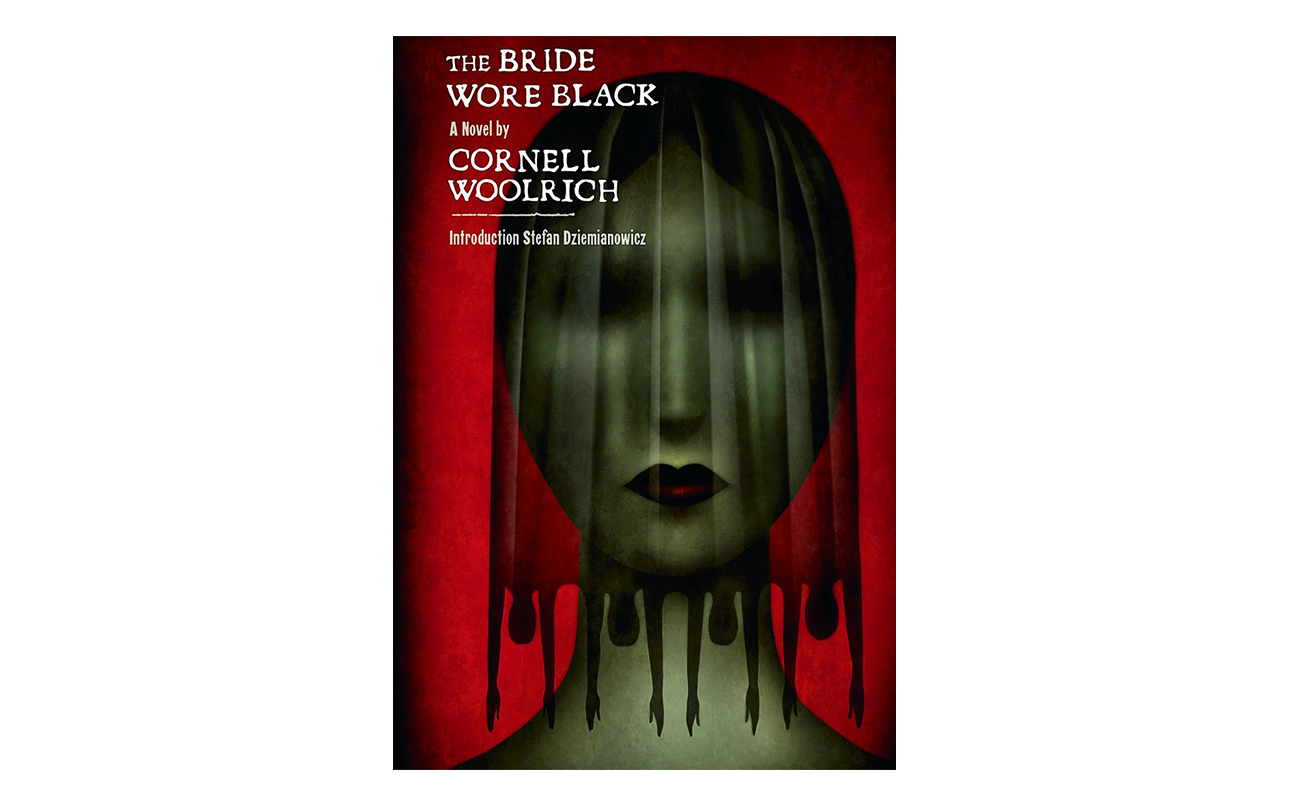
Woolrich is considered one of the founders of literary noir and is also the most filmed writer of this stylistic movement. The most famous of these adaptations is the movie Rear Window, directed by Hitchcock and based on Woolrich’s story of the same name.
Woolrich’s novels are the standard of the noir genre: a tense plot develops from bad to worse, the world is evil, there is no hope of help, lawlessness prevails and love turns out to be a deception, with a heartbreakingly tragic ending. finishing.
In fact, this is what happens in the novel “Waltz into Darkness”: 1880, New Orleans, a rich gentleman goes on a date with a girl he met through correspondence – yes, this method of finding a date is not at all an invention of the 20th century. Here, love first turns into a deception, and then into a dramatic story of cruelty and revenge, the outcome of which is predetermined. If you are close to fiery Mexican passions, in the cauldron of which love and hate boil, and are indifferent to happy endings, “Waltz into Darkness” is just right.
The novel was filmed by director Michael Christopher in 2001. The film was released under the name “Temptation”, instead of the gloomy atmosphere of noir, it acquired a caramel-romantic mood and became famous thanks to Antonio Banderas and Angelina Jolie, who played the main roles. For their sake, the movie is worth re-watching today: 2001 is the time of the first “Lara Croft” and “Spy Kids”, so Banderas is 100% playing Banderas in the movie, Angelina Jolie is playing the real Angelina Jolie, and she is that great in this movie that everything else doesn’t really matter.
You can just watch and cry from nostalgia and beauty.
James Ellroy, Black Orchid – Brian De Palma, Black Orchid
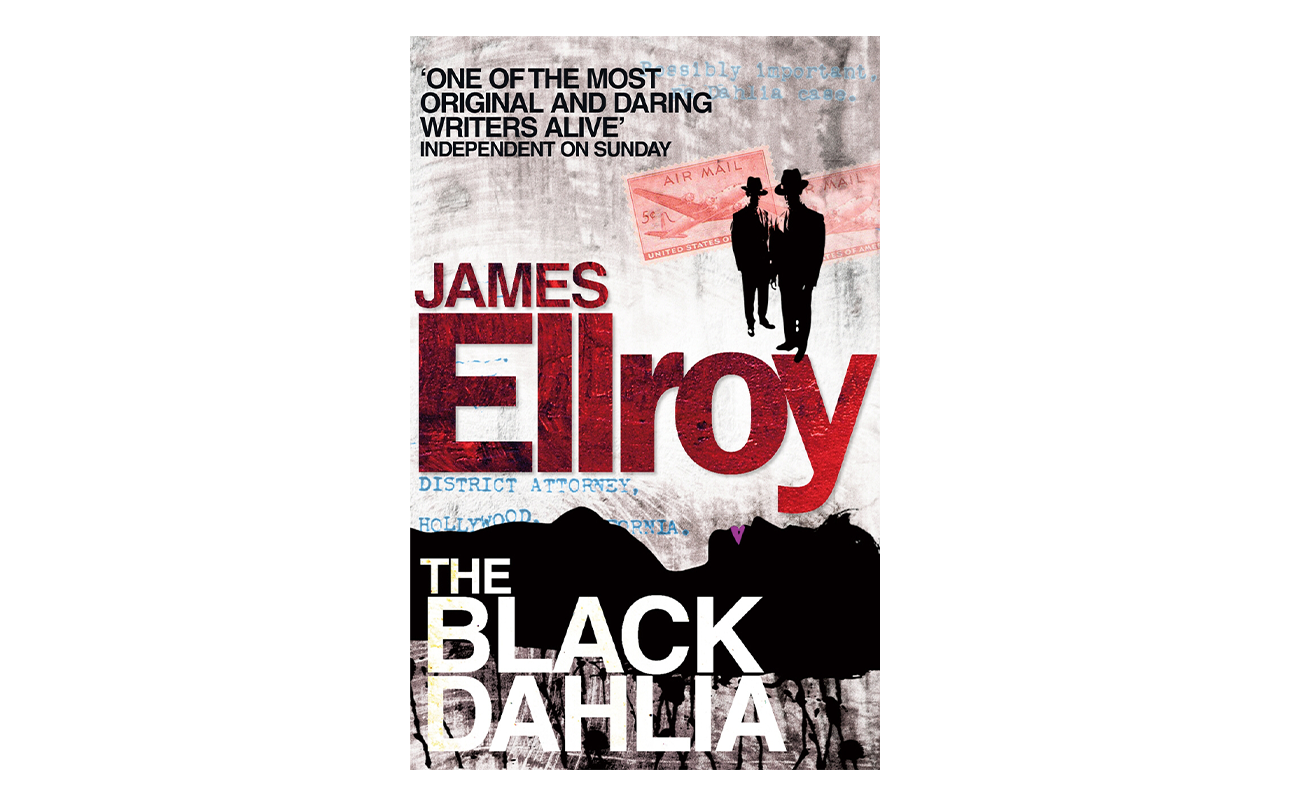
Another classic noir master who leans completely towards the detective canon. When James Ellroy was 10 years old, his mother was brutally murdered and the murder remains unsolved. This radically affected not only the child’s psyche, but also the creativity of an adult whom critics called “The Demon Dog of the American Detective.”
The unsolved murder is also described in the novel “Black Orchid”. Its plot is based on the true story of the death of the young aspiring actress Elizabeth Short, whose death in 1947 shocked the world-famous Los Angeles: the girl was mutilated by terrible torture, her mouth was torn out similar to her ears. a creepy smile and his body was cut in half at the waist. There was no shortage of versions, but in reality the killer was never found. In his novel, Ellroy presents his own view of what is happening in tones even darker than brooding.
This tone and ominous atmosphere were masterfully conveyed by Brian De Palma, director of the famous “Scarface” and “LA Confidential”. In 2005’s Black Orchid, a powerful evil lurks behind the scenes of Hollywood, behind the brick facades of dreary mansions, behind a dome of darkness and rain, and the investigation is led by Josh Hartnett and Aaron Eckhart, who are exceptionally good as joint cops. .
If you’re into the genre of detective stories of the 40s and 50s, where men wore hats and ties, women wore simple dresses and long cigarette holders, and bad guys wore shirts darker than their jackets and ties lighter than their shirts, read Rain pouring down the windshield of a car and be sure to watch it. Right now.
David Peace, 1974: A Season in Hell – Jullian Jarrold, Bloody County: 1974
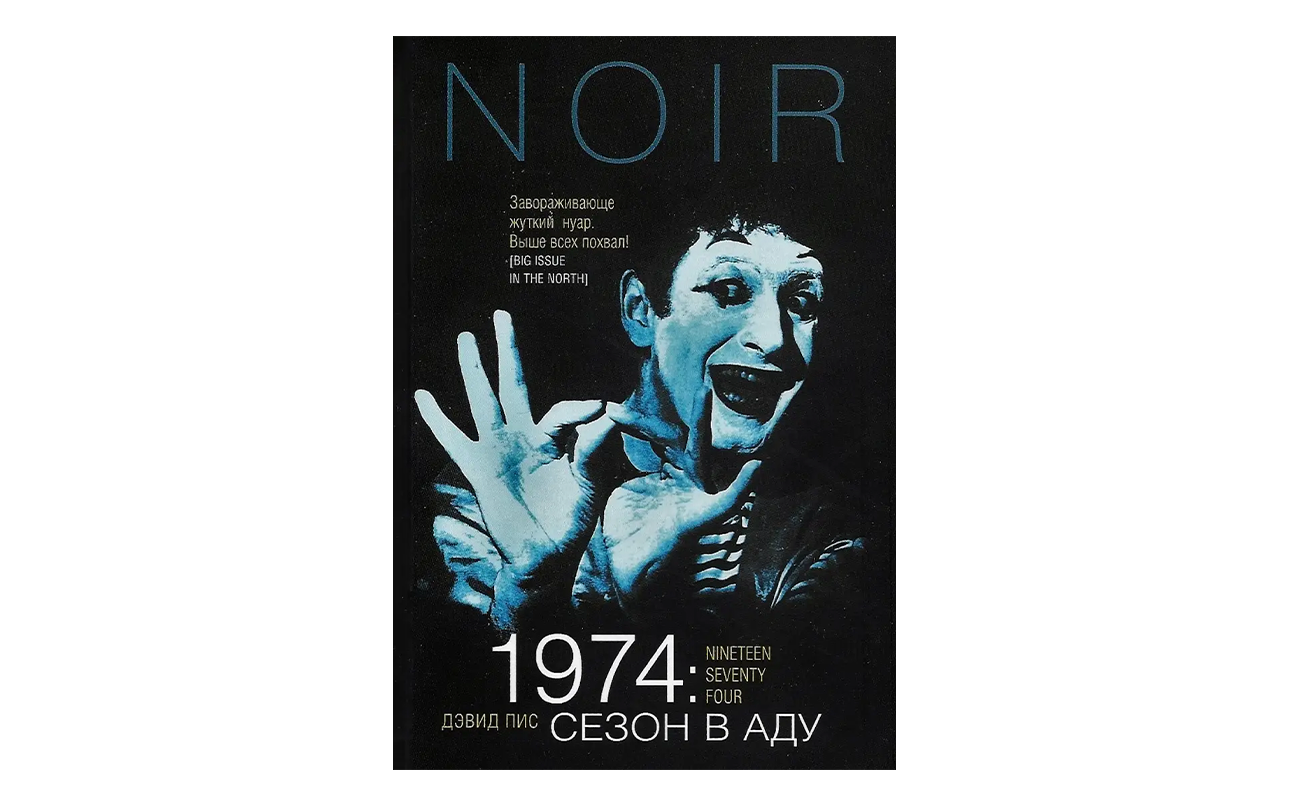
This novel is the first part of a four-part series called Yorkshire Quartet by contemporary British author David Peace.
This is a real hard-boiled detective story in the literal literary sense: this definition not only means a very successful book, but also comes from the English word “hard-boiled”, that is, “hard-boiled” – this is what American detectives did in the 40s and 50s There have been many fights, shootings, and quite a bit of violence over the years.
David Peace’s 1974: A Season in Hell is not only well-cooked, but also heavily sprinkled with paprika and generously drizzled with Tabasco. A reporter for a Yorkshire newspaper receives an editorial assignment: he must write about the investigation into the mysterious disappearance of a little girl. He takes on the case, but the unfortunate girl is soon found brutally murdered, and his journalistic investigation meets resistance from the local police.
The novel is written in a very natural, harsh style: there are disgustingly vivid characters, blood, swearing, corruption and cruelty, endless rain washing away the dirty roads of the English countryside, drunkenness and despair. There is no light among the clouds, no glimmer of goodness in the souls, but it is absolutely impossible to tear yourself away from reading. There’s a sequel to the first book – there are four novels in total – and it’s even more shocking than the first part.
The 2009 film adaptation of Bloody District: 1974 isn’t bad in itself, but it’s definitely inferior to the book and wouldn’t be worth mentioning if it weren’t for Andrew Garfield. Young Garfield, not yet another “friendly neighbor”, gives one of his best performances to date, perhaps his best, making the movie worth watching.
But you should definitely start with a book, if you can handle brutally grim, hard-boiled detective stories.
William Hjortsberg, “Fallen Angel” – Alan Parker, “Angel Heart”
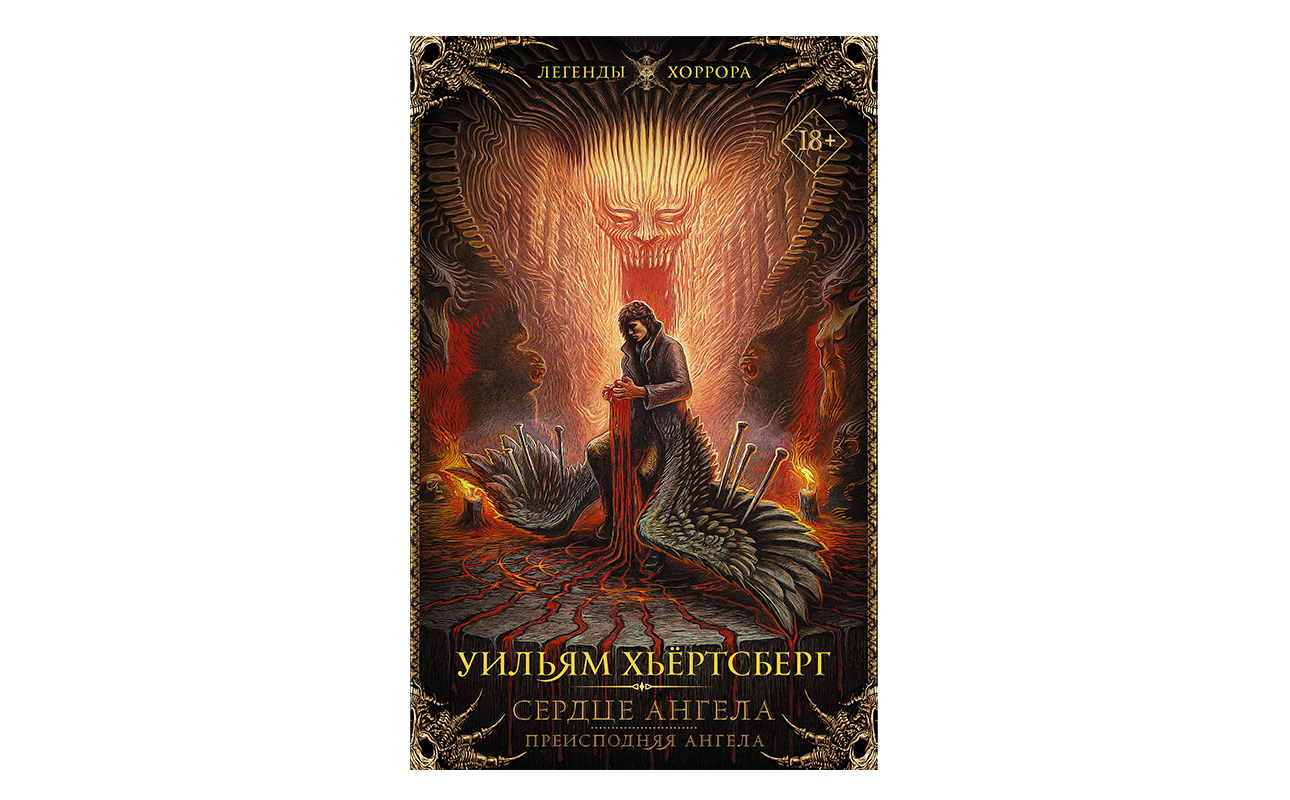
In this case, I’ll start with the movie. The brilliant Alan Parker, director of Pink Floyd’s The Wall, The Birds, Mississippi Burning, The Life of David Gale, is in top creative form. The idol of the generation during the weeks of “Wild Orchid” and “9 ½” is Mickey Rourke. Robert De Niro as Satan himself.
A hypnotic narrative that draws you in as you follow a detective plot that begins with a simple mission for a private detective to find a long-lost person and gradually moves into an otherworldly, mystical, sinister world, ending in a surprisingly tragic and bloody incident. twist
The 1987 movie Angel Heart was an absolute hit in the early 90s and remains one of my personal favorites to this day. I then read William Hjortsberg’s book and despite what has been said above, I was not disappointed.
In my opinion, this is a rare case where, despite all the inherent differences in some plot elements and narrative threads, both the book and the movie are equally good and even somehow complement each other.
Writer William Hjortsberg has other things to do, but Angel Has Fallen, made famous by Parker’s film, is immeasurably better than the others. This is the perfect combination of detective work, realism and mysticism, thanks to which the end of the book is no less shocking than the end of the movie.
Even if you have watched the movie, the novel is worth reading: The sacred information in the “killer butler” category will not prevent you from experiencing the excitement and pleasure of reading.
Goosebumps guaranteed.
Source: People Talk
Errol Villanueva is an author and lifestyle journalist who writes for The Fashion Vibes. With a passion for exploring the latest trends in fashion, food, travel, and wellness, Errol’s articles are a must-read for anyone interested in living a stylish and fulfilling life.

